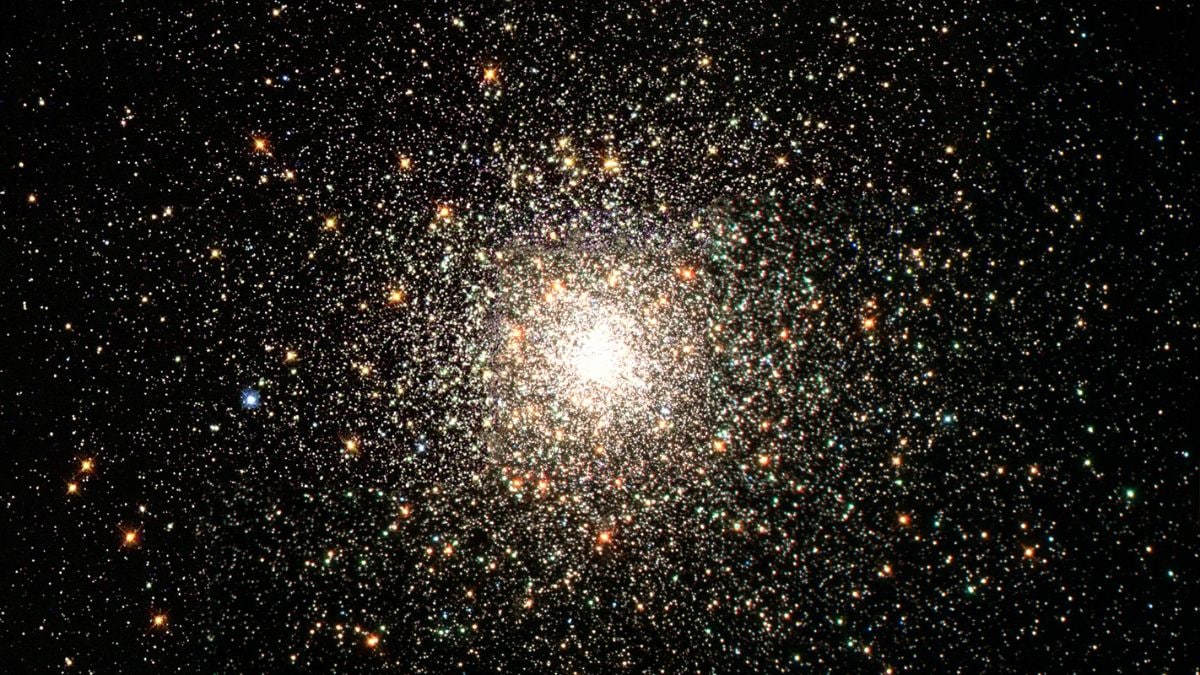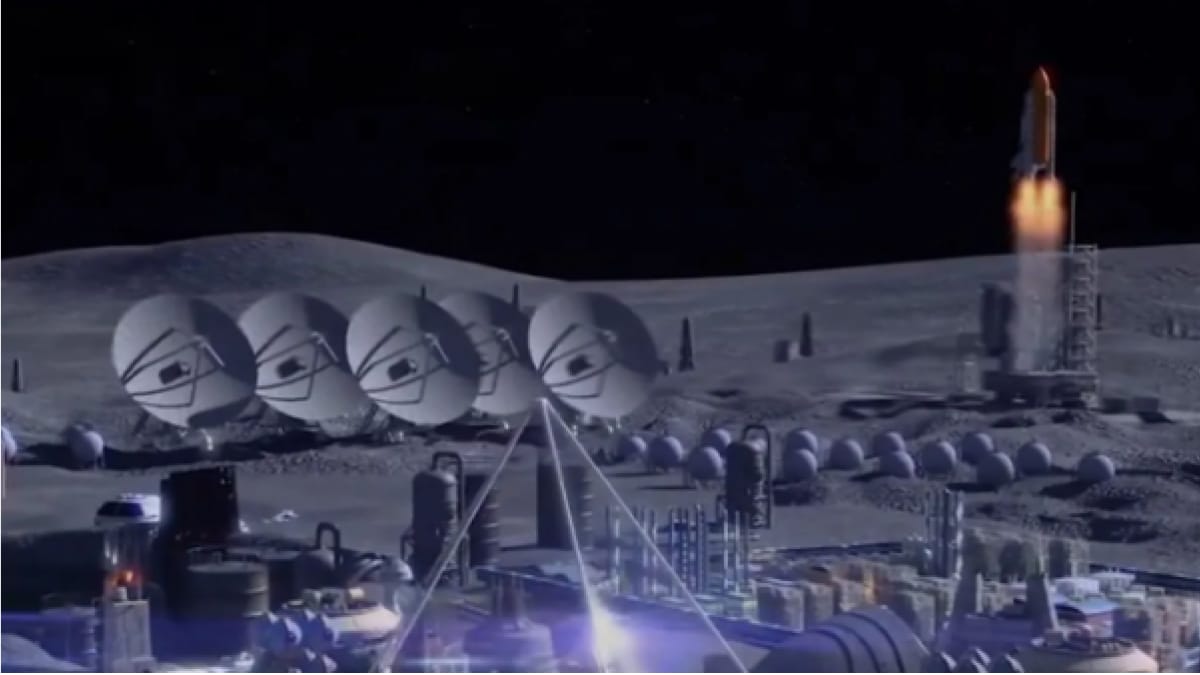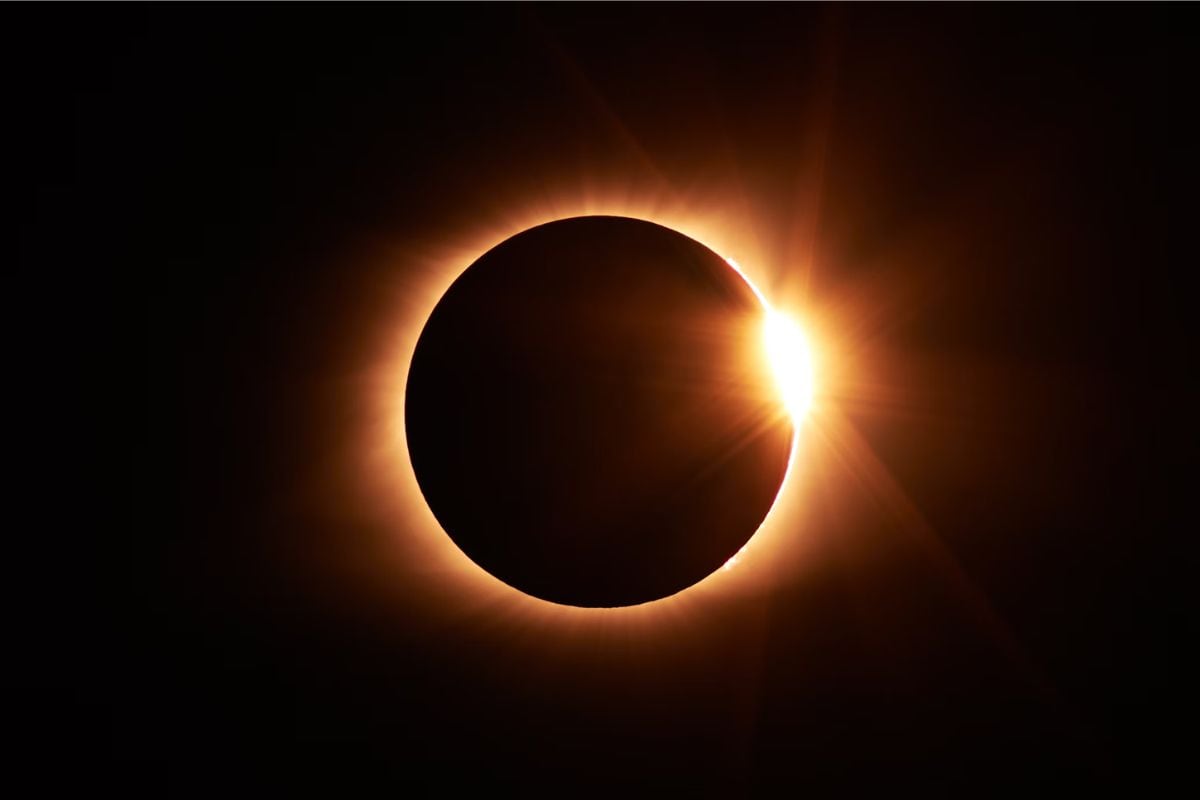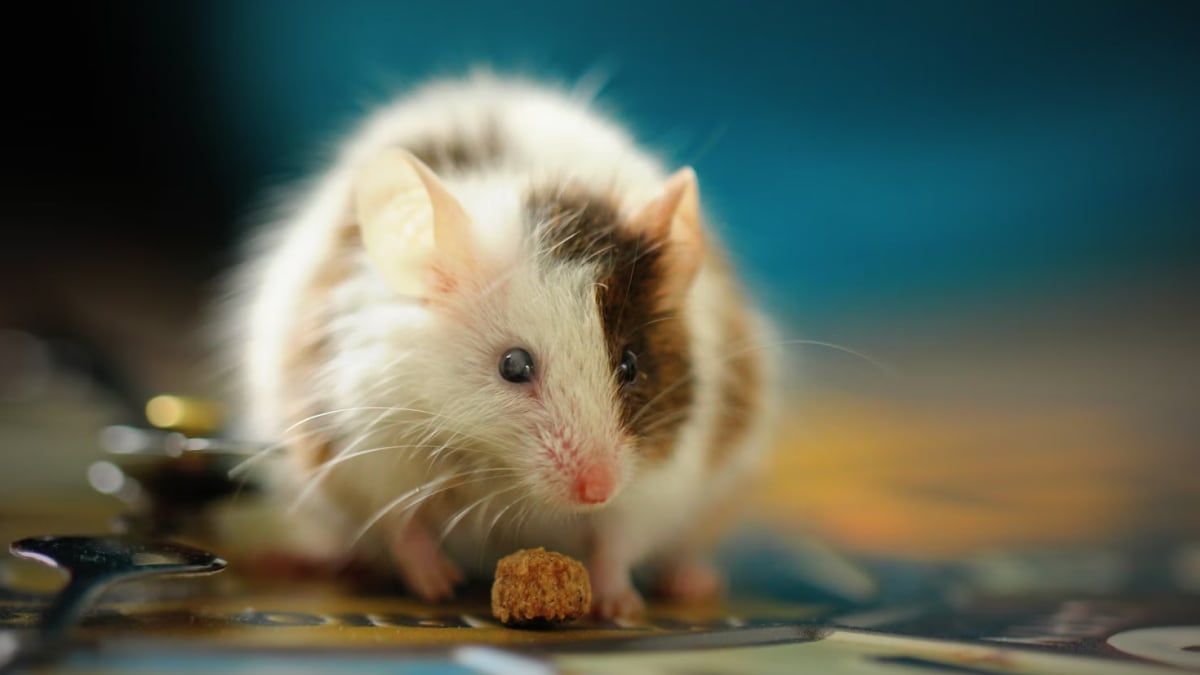
In a breakthrough discovery, NASA‘s James Webb Space Telescope (JWST) has revealed unexpected details about the universe’s reionization period. The early universe, which underwent significant changes following the Big Bang, was thought to have been gradually illuminated by the first stars and galaxies. Recent observations, however, suggest that the universe’s reionization involved a surprising overabundance of ultraviolet (UV) light. This revelation, as reported by Pratika Dayal, an astrophysicist at the University of Groningen, indicates a much higher level of UV radiation than previously anticipated.
Surprising Overproduction of UV Light
The JWST has uncovered more than 1000 candidate galaxies from the first billion years after the Big Bang. Astrophysicist Brant Robertson from the University of California, Santa Cruz, highlights that these findings challenge previous understandings of cosmic reionization. The high levels of UV light detected, which seemed excessive, are leading to a re-evaluation of the timeline and processes involved in reionizing the universe. This includes assessing whether the abundance of UV light is due to small galaxies or active galactic nuclei (AGNs).
Debate Over Reionization Sources
Until recently, astronomers relied on data from the Cosmic Microwave Background (CMB) and quasar observations to estimate when reionization occurred. The CMB indicated that reionization began around 700 million years after the Big Bang. However, the abundance of UV light observed by JWST suggests reionization may have started earlier or proceeded more rapidly. Julian Muñoz from the University of Texas at Austin and his colleagues argue that the excess UV light might indicate flaws in previous assumptions about reionization.
Ongoing Re-evaluation of Theories
The new data from JWST has prompted scientists to reconsider how both small galaxies and AGNs contributed to reionization. While some experts believe AGNs might play a significant role, others like Rohan Naidu from MIT suggest that the findings indicate a need for a broader reassessment of cosmic reionization theories. This ongoing research underscores the complex nature of the early universe and highlights the need for continued exploration.




